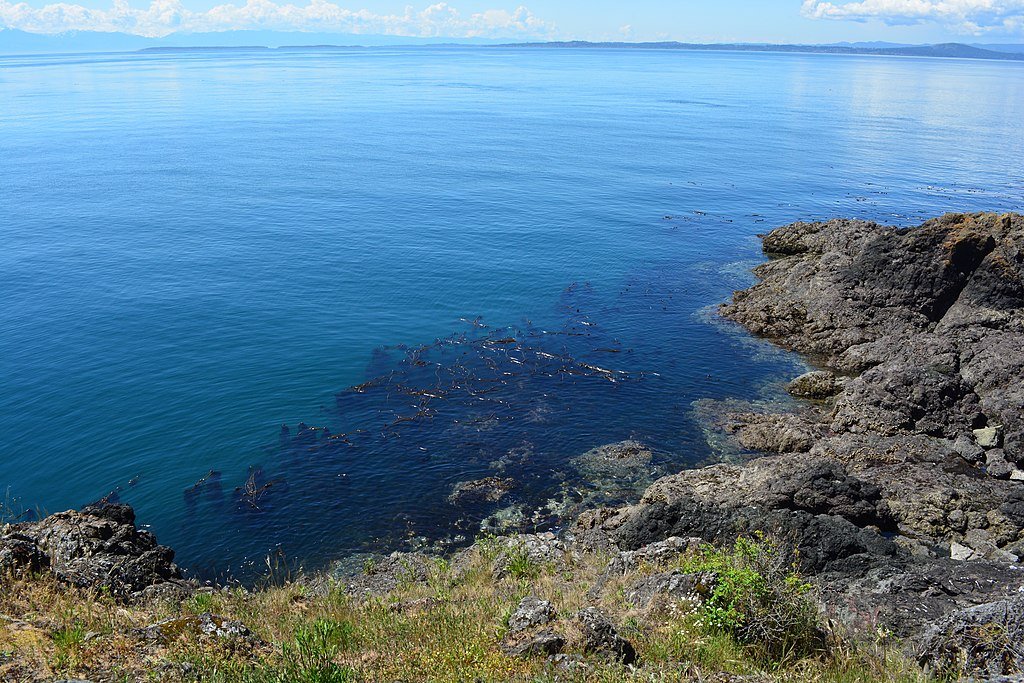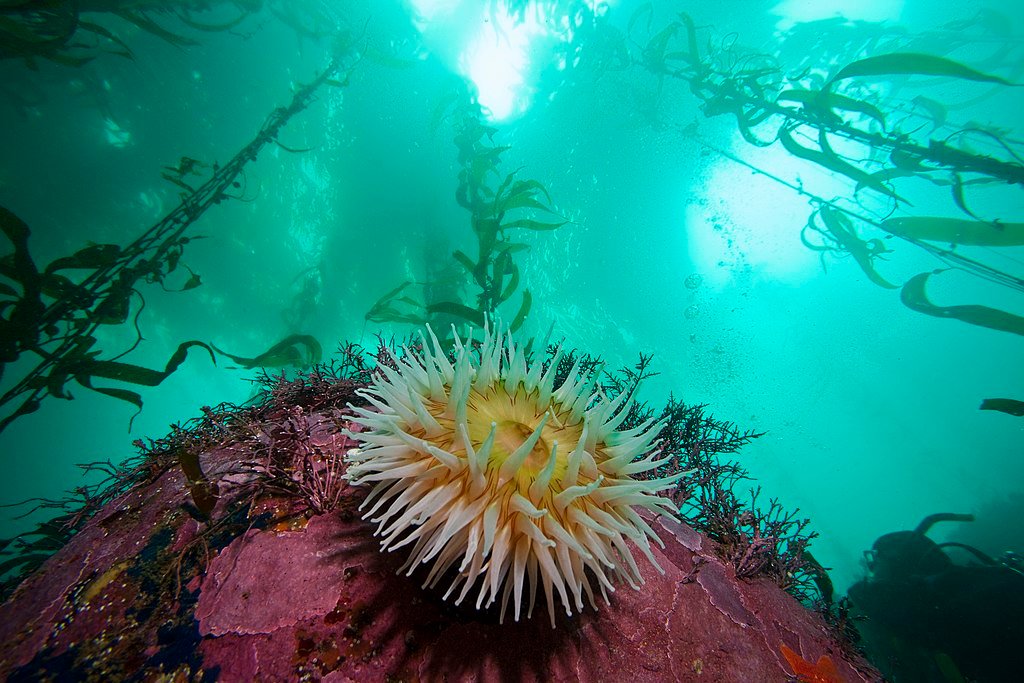New research has revealed that the decline of kelp forests in the Gulf of Maine is reshaping marine food webs and energy dynamics. Scientists found that predator-prey interactions and nutrient flow differ significantly between kelp-dominated and turf-algae-dominated reefs, highlighting the ecological consequences of habitat loss.
The Decline of Kelp Forests in the Gulf of Maine

Kelp forests along northern Maine’s rocky coast remain intact, but southern regions have experienced an 80 percent decline in kelp abundance over recent decades. In place of kelp, turf algae have proliferated, altering the structure and function of marine ecosystems. Researchers from Bigelow Laboratory for Ocean Sciences are investigating how this shift affects food web stability and energy transfer.
How Kelp Loss Alters Energy Flow in Marine Ecosystems
Using visual dive surveys and stable isotope analysis, scientists traced the flow of carbon through the food web. They discovered that predatory fish species, such as cunner and pollock, primarily derive their energy from kelp in healthy ecosystems. However, in turf-algae-dominated reefs, these fish have adapted by relying on phytoplankton for energy instead. Despite the abundance of turf algae, it does not serve as a significant energy source, raising concerns about long-term ecosystem stability.
The Role of Climate Change in Kelp Forest Decline
Warming ocean temperatures have accelerated kelp forest collapse, creating conditions that favor turf algae over kelp. This shift mirrors similar habitat changes observed in terrestrial forests and coral reefs, where foundational species are replaced by less ecologically beneficial alternatives. Scientists warn that continued warming could further disrupt marine food webs, affecting biodiversity and fisheries.
Future Research and Conservation Strategies
Researchers emphasize the need for further studies to understand the broader implications of kelp forest loss. Conservation efforts may focus on restoring kelp habitats, mitigating climate change effects, and exploring ways to support species that rely on kelp-derived energy. The findings also highlight the importance of monitoring ecosystem shifts to anticipate future changes in marine biodiversity.
Conclusion

The collapse of kelp forests in the Gulf of Maine is fundamentally altering marine food webs, forcing species to adapt to new energy sources. As scientists continue to study these changes, their findings may inform conservation strategies aimed at preserving ecosystem stability and biodiversity.
Source:





